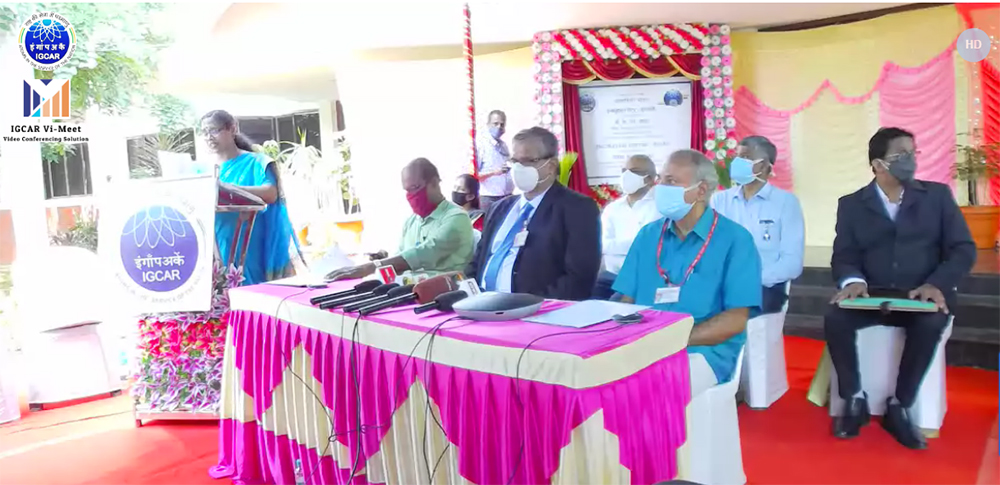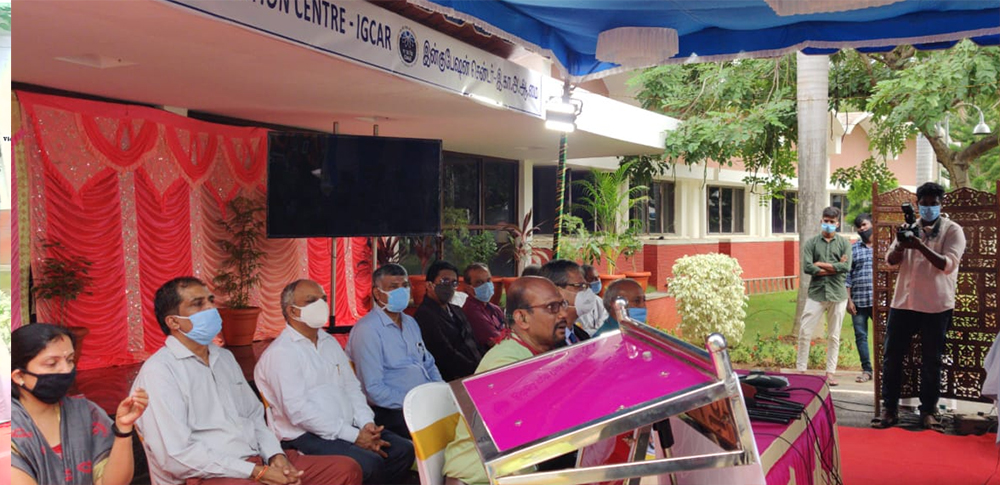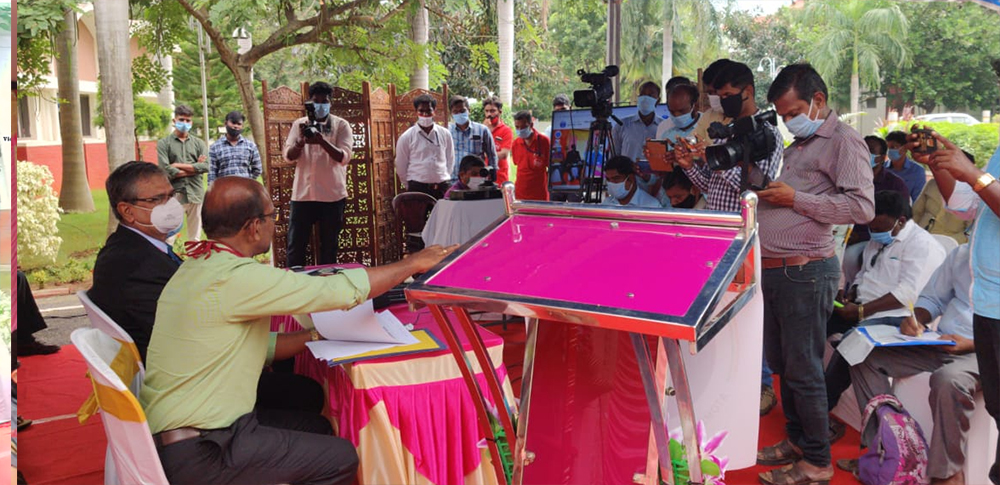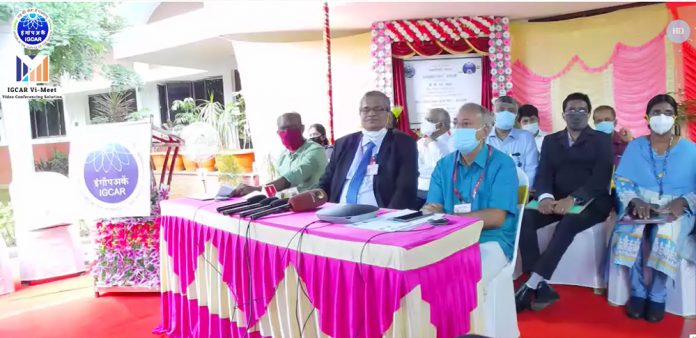Indira Gandhi Centre for Atomic Research develops technology for easy detection of breast cancer
CHENNAI: Waiting for an assent from NITI Aayog for its newly established incubation centre at Kalpakkam, IGCAR is aiming to incubate 25 start-ups every year. Addressing the press conference, IGCAR director Arun Kumar Bhaduri said,
“Our joint secretary is in touch with NITI Aayog and the recognition should come in 3-4 months following which we aim to incubate at least 25 start-ups annually.” KN Vyas, Secretary of Department of Atomic Energy and Chairman of Atomic Energy Commission, has remotely inaugurated a new incubation centre at IGCAR on Friday.
The centre is situated in the DAE Anupuram Township of the Kalpakkam-Anupuram twin township. He also inaugurated other similar units at Bhabha Atomic Research Centre, Mumbai; Raja Ramanna Centre for Advanced Technology, Indore; and Institute of Plasma Research, Gandhi Nagar.
The incubation Centre will showcase the spin-off technologies of Department of Atomic Energy and IGCAR to the entrepreneurs in the southern States. MoUs were signed with four different agencies transferring novel technologies, said the director.
IACAR has developed sewage treatment plants which are used in Kalpakkam and IGCAR will start promoting it. “IGCAR signs up non-exclusive MoUs with interested parties with a one time technology transfer fee of Rs 5 lakh.There is also a provision of some share in profits earned by the company, “ Bhaduri added.
ALSO READ:
இந்திராகாந்தி அணு ஆராய்ச்சி மையத்தில் அமையவுள்ள அடைகாக்கும் மையம் (Incubation Centre) பற்றிய தகவல்கள்
 B. Venkatraman, director, Safety, Quality & Resource Management Group, IGCAR, said usually mammography would be done to detect breast cancer; ideally, it should be done only on women aged over 40. But it was done now for anyone who had to be tested.
B. Venkatraman, director, Safety, Quality & Resource Management Group, IGCAR, said usually mammography would be done to detect breast cancer; ideally, it should be done only on women aged over 40. But it was done now for anyone who had to be tested.
“This thermal-imaging technology is a low-cost and non-invasive method based on non-ionizing radiation. Using this, cancer cells can be found at a very early stage itself, thereby making the treatment much easier and keeping the mortality rate much lesser,” he said.
The MoUs
Thermal imaging technology for early detection of breast cancer was transferred to Sri Ramachandra Institute of Higher Education and Research, Chennai;
Autonomous gamma dose logger technology MoU was signed with M/s Ideal Sensors, Chennai;
Portable High Volume Air Sampler technology MoU was signed with M/s First Source Impex, Bengaluru
MoU signed with Indian Council for Agricultural Research, Krishi Vigyan Kendra, Perambalur on application of radiation technology to agriculture.






